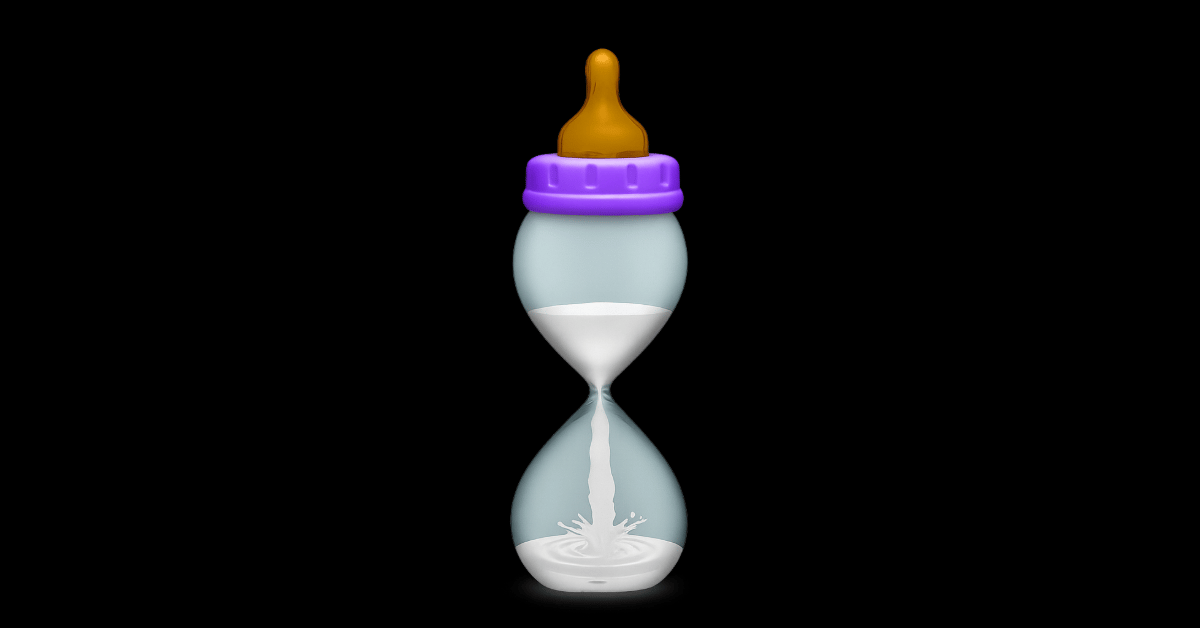
“I will never give Kyte Baby another dime of my money!”
Consumers make assumptions. The woman who posted that?
She probably assumed that a company built around babies and mothers would understand the chaos of new parenthood. That they’d show empathy. Offer flexibility. Or at the very least, support a mum in crisis.
But she’d just learned that Kyte Baby – the buttery-soft bamboo babywear brand founded by a mum of five – had fired an employee who couldn’t return to in-person work once her two weeks parental leave was up.
Her preemie baby was still in NICU, nine hours from her hometown. The request to work remotely was denied. And termination was deemed an acceptable next step. The internet found out, and things got ugly… Influencers chucking their Kyte Baby goods out the back door ugly.
As a brand, it's important to remember that consumers connect the dots, even if you don’t.
The minute you choose a product category, you’re also choosing the values people associate with it. If you sell baby clothes, people assume you get what parents need – not just in marketing, but in practice. They expect you to show up with care, flexibility, and humanity. Not corporate coldness.
So when a brand “says” one thing but does another? They’re breaking an implied promise and people don’t just get mad. They feel betrayed.
Like it or not, this extends beyond what your brand does publicly.
Your policies are part of your brand. In Kyte Baby's case, this wasn’t just a bad HR decision. It was a branding disaster – the kind marketers and management should study closely.
Just like your policies are contracts with employees, your brand values are contracts with your target audience – and you’ll be held to them whether you know they exist or not.
Consumers expect consistency. So if you market like a mum, but manage like a machine, people will notice. Because when you claim to support families, then turn around and deny that support internally? It doesn’t just break trust. It reveals your values were probably just... well, marketing.
Brand betrayal hits harder than brand failure.
A bad product can be fixed. A bad policy can be changed. But a values breach? That hits a little harder, and sticks a little longer.
For Kyte Baby’s audience (mothers who would strongly identify with the employee in question) the reaction was personal. These were people who’d spent sleepless nights cradling babies wrapped in this brand’s products. And suddenly, the company behind it felt fake.
Can a brand come back from a PR nightmare?
Redemption can only come from what you do next. And most importantly, how it’s done. What doesn’t work? Slow, defensive statements. Vague “we’re listening” posts. Apologies that centre the company, not the harm.
Kyte Baby’s apology came after days of public pressure. Founder Ying Liu did eventually speak out twice – the second time to apologise for the first time, which she admitted was “scripted” and “wasn’t sincere”.
Liu then proceeded to say that not granting the request to work remotely “was a terrible mistake, and I own 100% of that.” Kyte Baby offered the employee’s job back to her, which they must have known was only a token, because… awkward.
But they also changed their parental leave policy, and made it front-and-centre on their website.
Ok, but did it work?
Trust can take years to rebuild, and to do that the brand needs to:
1) Take ownership, and
2) Actually show change.
That might mean changing leadership, rewriting policy, or publicly supporting the very causes they failed to uphold. Consumer forgiveness will largely depend on the follow-through. Let’s just say that those who have forgiven won’t readily do so again, so the pressure’s (rightly) on.
The takeaway for marketers?
Your brand values aren't decorative. They're operational.
Ask yourself:
Do all our policies reflect the kind of brand we claim to be?
Do our brand values apply internally, or are they just external sweet talk?
Would our customers be proud to support us if they were privy to how we operate behind the scenes?
If your internal decisions don’t reflect your external promises, your customers will find out... because, social media, yeah?
And they’ll hold you accountable with their most powerful weapon – their wallets.
-Helena Masters, Copywriter
Not going viral yet?
We get it. Creating content that does numbers is harder than it looks. But doing those big numbers is the fastest way to grow your brand. So if you’re tired of throwing sh*t at the wall and seeing what sticks, you’re in luck. Because making our clients go viral is kinda what we do every single day.